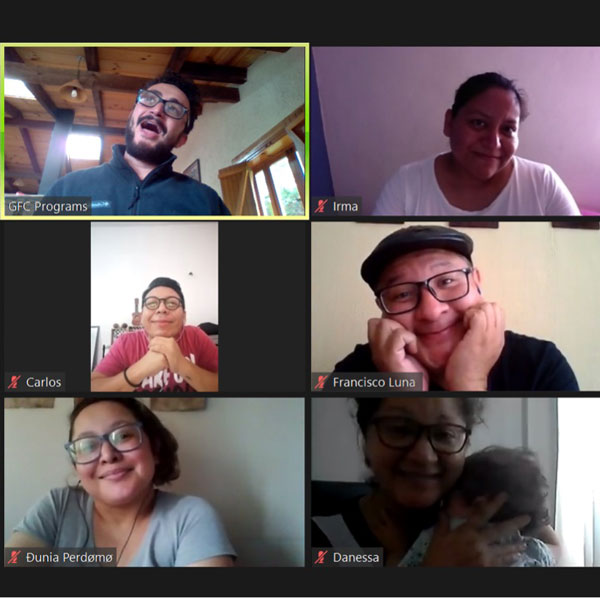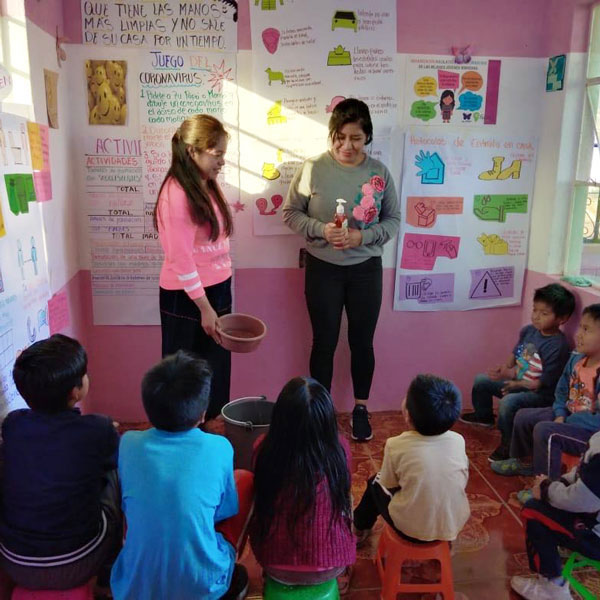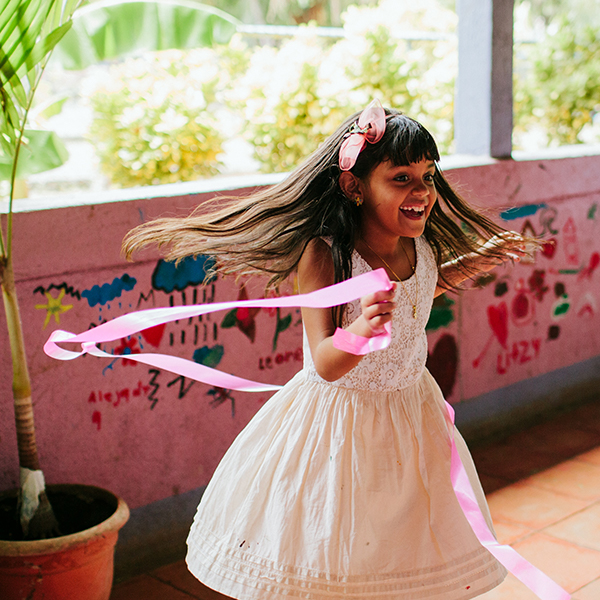This article was written by GFC President and CEO John Hecklinger, Vice President of Programs Corey Oser, and Program Manager for Advocacy and Movement Building Vanessa Stevens. It was originally published in The OECD Forum Network.
It’s time for global development and philanthropy to empower young people to lead change in the post-pandemic world. Here’s what we can do to shift power to youth.
Global Fund for Children (GFC) disbursed our first emergency grant during the COVID-19 pandemic to Ashanti Perú, a youth-led network of Afro-Peruvians that made history in 2017 by successfully advocating for race to be included in Peru’s national census. But in 2020, instead of focusing on its mission to empower Afro-Peruvian youth to participate in local and national decision-making, Ashanti Perú found itself mobilizing to distribute hygiene kits in communities facing extreme poverty.
Over the course of the pandemic, young people around the world have organized their families and communities to ensure basic needs are met. Many have become providers or caretakers. School closures and limited opportunities to connect with peers or gather in civic spaces have shaken some of the ways youth draw strength to engage in social change. Yet despite these barriers, young people have not lost their creativity and resilience while coping with isolation, fear, and loss.
We owe young people more than a return to normal as the world takes steps to recover from the COVID-19 pandemic.
Youth have been an essential part of pandemic response and recovery efforts, and should play a key role in building more resilient societies. If we listen to youth voices, let youth visions guide us and invest in youth-led change, we can build not only a better normal but also a future that disrupts deep-rooted inequalities.
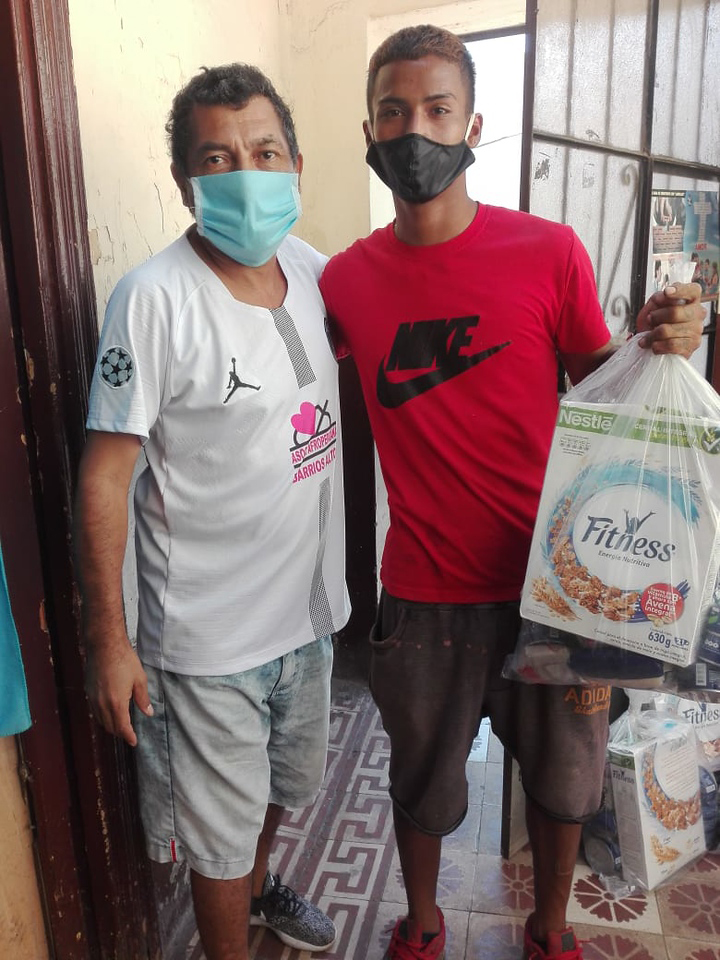
To get there, we must first reckon with the inequalities facing youth-led civil society groups in philanthropy and global development; even before the pandemic, they faced significant barriers. The Development Alternative’s 2019 State of Youth Civil Society report described youth civil society as fragile, with the norm being short-term, non-continuous funding for youth-led organizations.
Over the past year, the situation has only gotten worse. In a 2020 survey, GFC’s local partners, who include many youth-led groups, identified financial uncertainty as a major concern, with 38% reporting a significant reduction in funding. The Global Resilience Fund, a pop-up feminist fund created during the pandemic to resource girl activists throughout the crisis, found that the vast majority of groups seeking support were informal or unregistered.
Now, more than ever, it is time for global development and philanthropy to champion young people to boldly lead change in the post-pandemic world.
Here are five actions to take to shift power for youth-led change:
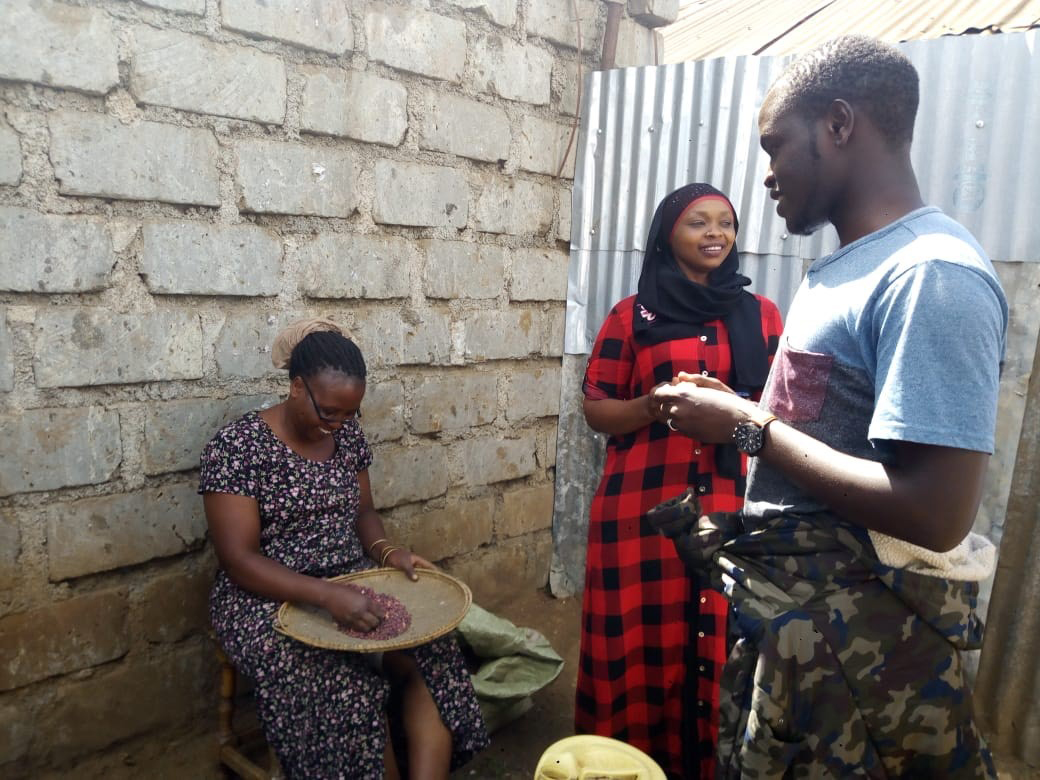
Get to the grassroots and the margins
The youth-led groups closest to communities in need are often the most informal and face the greatest challenges in accessing funding. Requirements like legal registration, a bank account, a minimum budget size, and financial audits are barriers to funding that we can eliminate. We can re-examine our processes and notion of risk to support groups on their terms. We can be proactive in reaching adolescents and youth, especially girls, in communities facing marginalization. These young people are, and should be, accountable to their fellow community members, rather than to donors.
Fund flexibly
Now is the time to increase flexible funding to youth-led organizations. Flexible funds create space to invest in core operations, develop teams, adapt to community needs, and innovate as opportunities arise. Youth can design their own initiatives not just implement external projects as subgrantees while also becoming more financially stable with multi-year funding.
Foster holistic partnerships
Funding relationships can be vibrant spaces for mutual growth and learning. By developing relationships built on trust, listening, and open communication, funders can be stronger allies to youth civil society. Donors can create and support opportunities for capacity development, collaboration, and collective care in which young people envision their goals and learn with peers. Far too often, our sector clings to a notion of an ideal NGO or a checklist of best practices instead of embracing different structures and approaches that reflect the diversity of lived experience.
Start with trust and keep going
To shift power to youth civil society, we must trust youth-led change. Fundamentally, that means honoring new ways of organizing embraced by some youth leaders, like horizontal leadership, intersectionality, inclusive language, restorative justice, and healing. It means checking our professionalism bias and adultcentrism as well as increasing our awareness of our relationships with risk, urgency, the written word, and perfectionism. Acknowledging our biases and listening to young people are steps towards transformational, trust-based relationships.
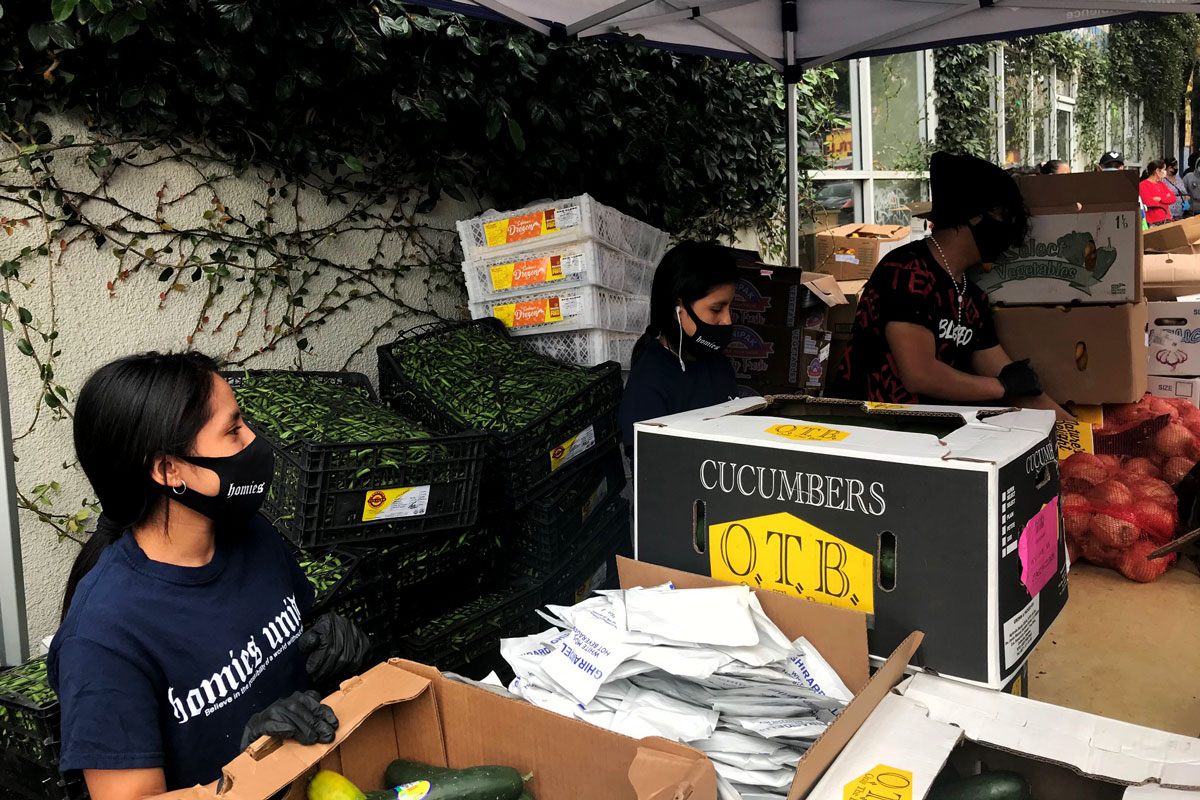
Create spaces for meaningful participation
Youth must be at the table as philanthropy and global development organizations determine their priorities and actions. They should be given real decision-making power. From advisory councils to participatory grantmaking, employment, and board roles, we must continue to make space in our institutions to share power with young people.
Youth have played a leading role in the most significant modern social movements. They are often the first to take to the streets to defend human rights and democracy, and they feel deeply the urgency of reducing social inequalities and poverty. We need their courage and visions to help shape post-pandemic society toward greater democracy and inclusion.
Ashanti Perú is just one shining example of youth-led change. In the midst of the pandemic, the organization also founded EscuelAfro, the first leadership program for Afro-descendant youth in Latin America and the Caribbean. More than 60 young people from 18 countries came together virtually to strengthen their human rights leadership and work to end inequality and structural racism in the region.
The future of youth civil society does not need to remain uncertain. Let’s truly invest in the power of youth and amplify youth-led change.
Join youth leaders, funders, and international organizations to celebrate International Youth Day at the virtual event Reimagining the Future of Funding for Youth Action on Monday, August 9, 2021, at 11:00AM EDT. The event, hosted by Global Fund for Children, CIVICUS, and Restless Development, will explore innovative solutions to overcome challenges to embolden youth-led action. Learn more and register.
Recommended readings
Shifting the power: what will it take to do development differently? (Development Alternative)
Resourcing youth-led groups and movements: A reflective playbook for donors and activists (CIVICUS)
Shifting the field: Philanthropy’s role in strengthening child- and youth-led community rooted groups (Elevate Children)
Weathering the Storm: Resourcing Girls and Young Activists through a Pandemic (Global Resilience Fund)
Header photo: Young people participating in an Ashanti Perú workshop. © Estrella Vivanco-Stevenson

